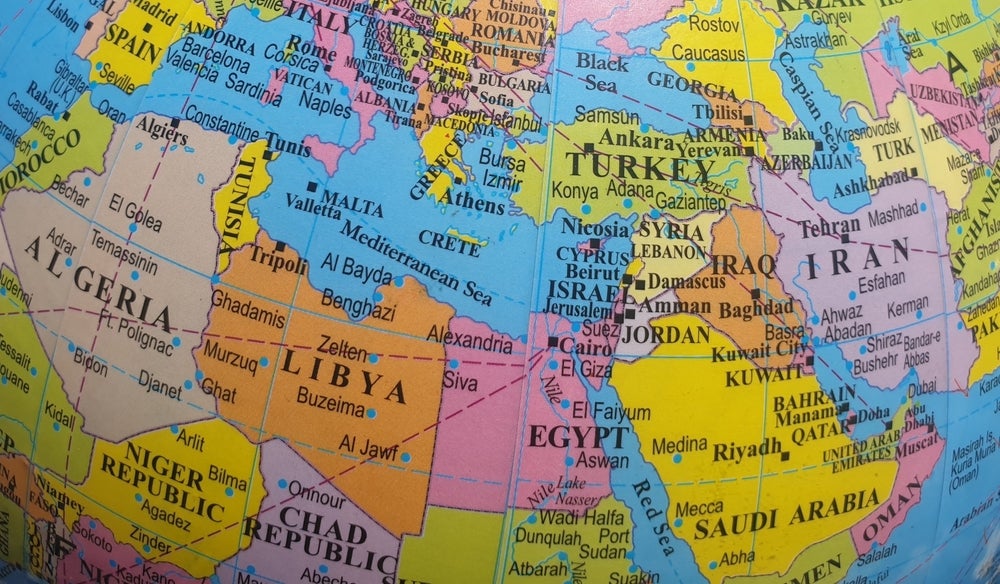Plastics are a major topic in the global sustainability conversation, and the future of the plastics industry is taking a new direction, one that's circular, digital, and decarbonised.
As rigid plastics are a key packaging material in the MENA region, these nations are set to play a crucial role in this transformation.
Recycled plastics on the rise
While virgin plastics, the newly produced ones, will continue to dominate the market, recycled plastics, previously used, are expected to grow faster than virgin plastics.
MENA countries currently have an edge in producing virgin plastics due to their abundant feedstock. However, they are behind in accessing quality plastic waste and developing recycling infrastructure.
Yet, MENA countries are well-positioned to capitalise on the increasing demand for recycled plastics, especially in chemical plastics recycling.
A recent industry collaboration saw SABIC, TotalEnergies, and Aramco convert oil from plastic waste into circular polymers, which was reportedly the first project of its kind in the MENA region.
Consumer demand for sustainable products is soaring, with surveys showing that people are willing to pay a premium of up to 10 percent for such items. This presents an opportunity for MENA countries to take a lead role in the future plastics economy.
Unlocking value: GCC region's potential
In the Gulf Cooperation Council (GCC) countries alone, every 1 million tons of recycled plastics produced can generate around 1,500 jobs and have a direct GDP impact of approximately US$650 million.
This underlines the significant potential value that recycling plastics holds for the region.
The road to leadership: MENA's dual advantage
To become leaders in the future plastics economy, MENA countries need a two-fold advantage.
Firstly, they must have access to high-quality plastic waste for recycling and, secondly, they must maintain a strong feedstock for virgin plastic production.
Balancing these two aspects will be crucial in shaping their role in the evolving plastics industry.









